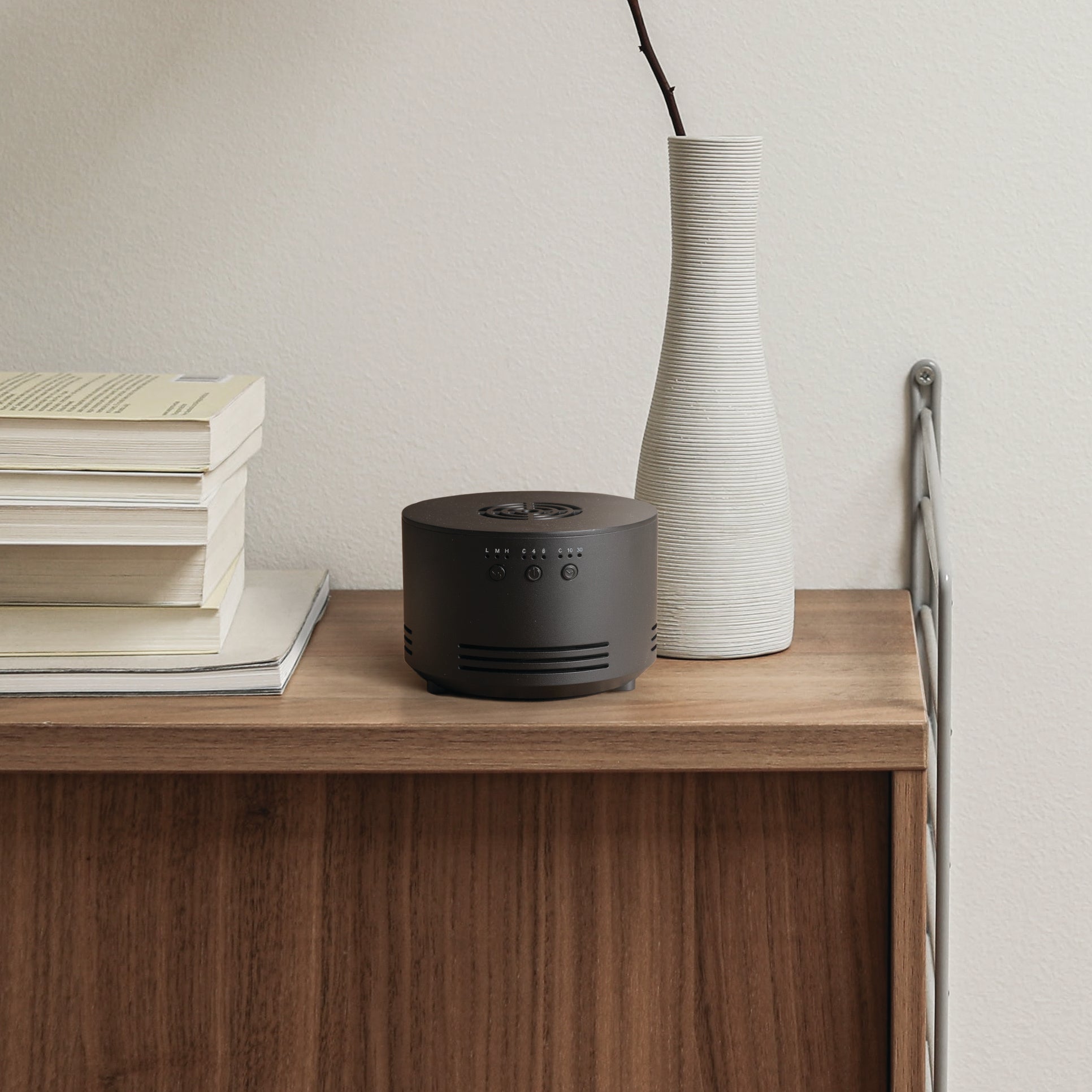Inhalation Therapy
Inhalation therapy has existed for more than 2000 years, and the benefits of utilizing inhalation therapy for different medical issues have been understood for more than 200 years. While modern inhalers, diffusers, nebulizers and vaporizers may bear little resemblance to the devices first invented two centuries ago for the application of inhalation therapy, they still have their forefathers to thank for their eventual development.
Unfortunately, the inhalation route of administration for different pharmaceutical treatments is often overlooked for more common administration routes such as the oral or injection paths. However, inhalation therapy is both safe and effective for many different types of medical problems. In fact, administering pharmaceuticals by inhalation methods often has the advantage of requiring lower drug dosages than other methods to produce the desired results. In addition, the drug is more directly routed to the site requiring treatment, such as the lungs or nasal passages, rather than having to go through the intestines and into the bloodstream first.
It may come as a surprise that modern inhalation therapy (both nasal and oral methods) is currently used to treat a great number of different medical conditions, including:
- Asthma
- Bronchitis
- Pneumonia
- Congestion
- Sinus Infections
- Cystic Fibrosis
- COPD (Chronic Obstructive Pulmonary Disease)
- Emphysema
- Nicotine Addiction
- Chronic Rhinitis
- Certain Autism Symptoms
- Diabetes
- Chronic Pain
- Alzheimer Disease
Although the biological and physiological actions associated with the application of common pharmaceutical inhalation therapies differ from those associated with clinical aromatherapy, both therapeutic forms are ultimately administered the same way -- via inhalation into the airway. And the effectiveness of both, based on research, is difficult to deny.
However, clinical aromatherapy, unlike drug therapies, offers many benefits and not nearly as many drawbacks. As an adjunct therapy, or as a stand-alone treatment, clinical aromatherapy allows the patient control over its use, has no risk of overdose or side effects and can be safely used with most medications. Additionally, clinical aromatherapy products offer other advantages -- they are non-addictive, affordable, effective, portable and of course, 100% natural.
Try Ascents® clinically-backed personal aromatherapy diffusers for yourself, and experience the benefits of drug-free, non-prescription treatments for the symptoms of many common medical problems, including insomnia, lethargy, attention deficits, anxiety,and even weight gain. For more information or to purchase, visit Shopascents.com.






Leave a comment
This site is protected by hCaptcha and the hCaptcha Privacy Policy and Terms of Service apply.